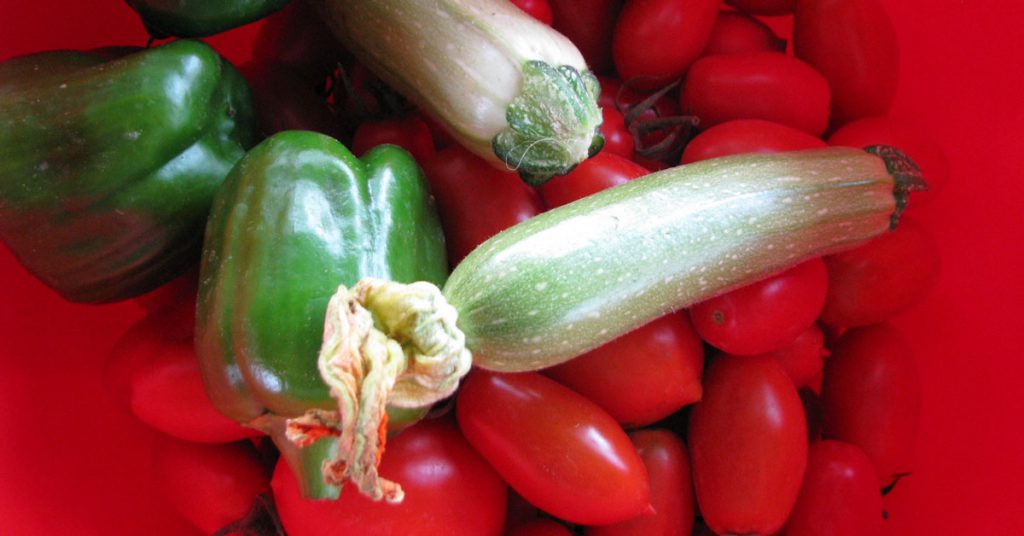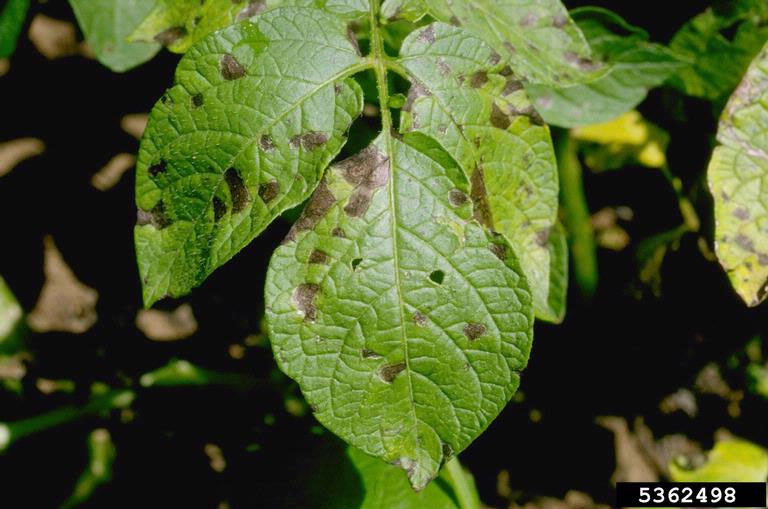Powdery mildew of tomato attacks tomato, pepper and eggplant, okra, artichoke and cucumber.
Scientific name: Oidium neolycopersici, Erysiphe orontii, Leveillula taurica
Greek name: Ωίδιο Ντομάτας
Symptoms
The symptoms are most pronounced on tomatoes and peppers, while pale yellow spots are caused on eggplant and cucumber. The spots later become necrotic.
The powdery mildew of tomato fungal decay occurs on both surfaces of the leaf (white fuzz), but first on the lower surface.
In pepper and eggplant, additional curling of the leaves and their fall is caused.
The susceptibility of plants increases with age, while young plants are tolerant. The disease occurs most commonly on the foliage.
Pathogen – Growth conditions
The disease is caused by the fungus Leveillula taurica (at. form Oidiopsis taurica). It is an obligate parasite, infecting from the stomata. It enters the tissues and grows endophytically in the mesophyll. From there the conidiophores develop, appearing as a white excrescence. These produce the fungal spores (conidia) which are dry spores, are carried by the wind and do not require high humidity conditions to germinate. This is why powdery mildew is a widespread disease even in relatively dry conditions compared to other pathogens. The conidia also spread the disease to healthy plants.
Spore germination and penetration can be completed within 3 hours.
Treatment
The fungus Leveillula taurica is considered a “difficult” pathogen because it grows in the tissues (endophytic). Therefore, to treat it, intervention is recommended as soon as the disease appears, mainly with appropriate, systemic insecticides that can penetrate into the plant tissues.
Source
cropscience.bayer.gr
Tomato Powdery Mildew
Powdery Mildew on Field-Grown Tomatoes
Tags: PLANT DISEASE • POWDERY MILDEW • TOMATO • TOMATOES



